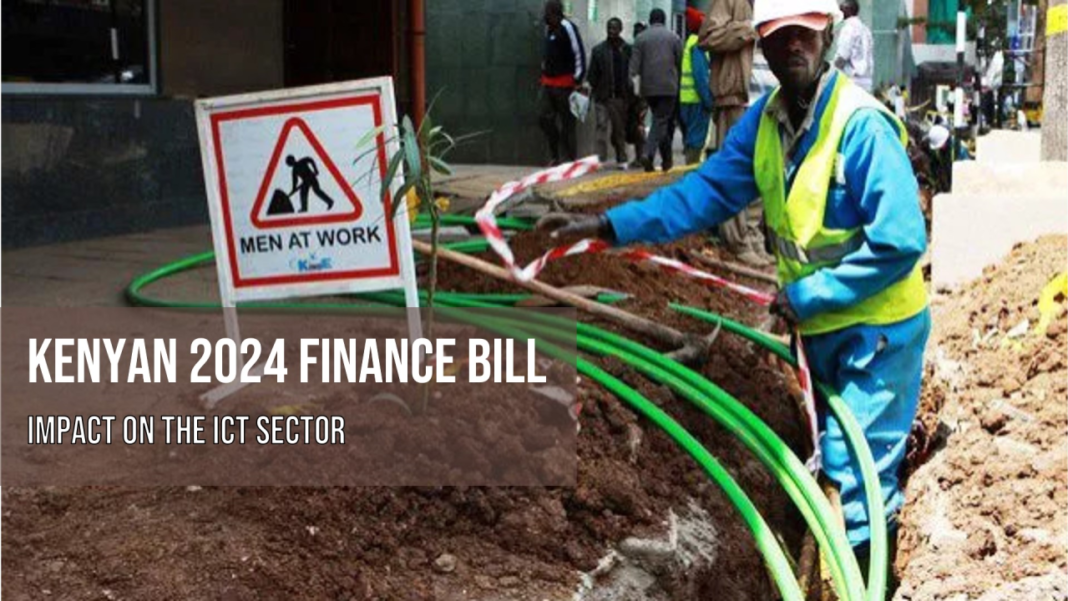Imagine if you had a magic map that could show you where all your favorite toys were at any time. Sounds pretty? Well, in Kenya, the government wants to do something similar, but with people’s phones. They plan to use a special code on each phone called an IMEI number to track where all phones are. But even though it might help people find lost phones or stop phone crime, some people are worried this could also be misused.
What’s an IMEI Number?
Every phone has its own unique code, like a secret name tag, called an IMEI number (say it like “eye-mee”). This code helps identify each phone, even if someone takes out the SIM card. Kenya’s government wants to track everyone’s phones using this code, a bit like having a magic map to know where every phone is at all times.
How Phone Tracking Could Help
Practically, tracking phones can actually be really useful in some ways:
- Finding Lost Phones: If someone’s phone is stolen, the IMEI code helps police find it or block it so no one else can use it. This makes it harder for thieves to sell stolen phones.
- Blocking Fake Phones: Some people make fake or unsafe phones that don’t work well. By tracking IMEI numbers, the government can block these phones, helping make sure that only safe phones are used.
- Helping Catch Criminals: The government can use IMEI tracking to locate people involved in crime. This could help police solve cases more quickly and make people feel safer.
But Why This Could Be Scary (And Why People Don’t Trust It)
Even though tracking IMEI numbers sounds helpful, it can also be worrying. Here’s why:
- Feels Like Being Watched All the Time: If the government is always tracking people’s phones, it might feel like they’re watching everyone, all the time. Especially after a series of abductions and privacy violations, locally and with affiliated governments, this becomes more worrying. People need privacy so they can live freely and feel safe, and constant tracking might make people nervous or afraid.
- Information Could Be Stolen by Hackers: Just like how you wouldn’t want someone taking your toys, you wouldn’t want someone accessing a magic map that shows where you are all the time. If hackers break into the system tracking IMEI numbers, they could get private information about people’s locations.
- The Government Hasn’t Always Kept Its Promises: Many people in Kenya worry that the government might misuse phone tracking. In the past, Kenyan leaders have often broken promises, doing the opposite of what they say they’ll do. For example, during protests, people have found that their phone locations were shared with the government, even though they didn’t give explicit permission. This makes people afraid that IMEI tracking could be used to monitor citizens unfairly, not just to stop crime.
- Could Be Used to Spy on Protestors and Opponents: If someone wants to peacefully protest or speak out against the government, they might worry that tracking could be used to watch or silence them. This has happened before in Kenya, when mobile providers, like Safaricom, have reportedly shared people’s locations with the government to monitor protestors. This can feel unfair and makes people worry that the government could use tracking to stop people from speaking up or gathering together.
Why People Want the Government to Be Careful
Because of these worries, many Kenyans feel the government has to be really careful about tracking phones. If tracking is only used to help find lost phones or stop criminals, it might be useful. But if the government starts tracking everyone all the time, it can make people feel scared to live their everyday lives freely.
So, What’s the Big Idea?
IMEI tracking can help Kenya solve problems like phone theft and fake phones. But with Kenya’s past of breaking promises and sharing information of protestors with the government, many people worry that phone tracking could be used in ways that aren’t fair.
Just like a superhero has to use their powers responsibly, the Kenyan government needs to use tracking carefully so people don’t feel like they’re always being followed. This means respecting everyone’s privacy and keeping the system safe from hackers.
In the end, tracking should be a tool that helps protect people and their phones—without taking away the freedom or privacy that everyone deserves.



